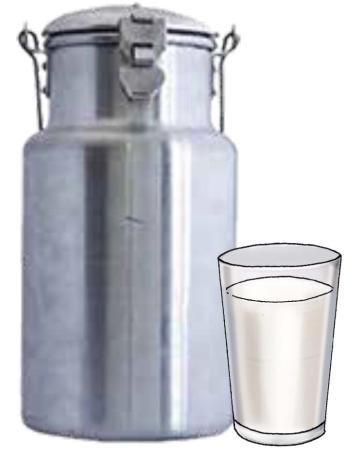Updated Generic C-IYCF Counselling Package, 2024 (UNICEF | 2024)

Key Messages
Included Images

|
|

|
Hygiene - Washing the baby's hands 0-24 mo - 02B - Non-country specific by UNICEF/URC-CHS |

|
Food - Vegetables and Fruits - 00R - Non-country specific by UNICEF/URC-CHS |

|
Food - Beans - 00J - Non-country specific by UNICEF/URC-CHS |

|
Food - Eggs - 00D - Non-country specific by UNICEF/URC-CHS |

|
Time of Day - Morning - 01 - Nigeria by SPRING |

|
|

|
Time of Day - Evening - 05 - Nigeria by SPRING |

|
|

|
|

|
Food - Milk - 00c - CIYCF23 by UNICEF |

|
|

|
Food - Meats - 00b - CIYCF23 by UNICEF |

|
Time of Day - Mid-morning - 02 - CIYCF23 by UNICEF |

|
Time of Day - Noon - 03 - CIYCF23 by UNICEF |

|
|

|
|

|
|

|
|

|


